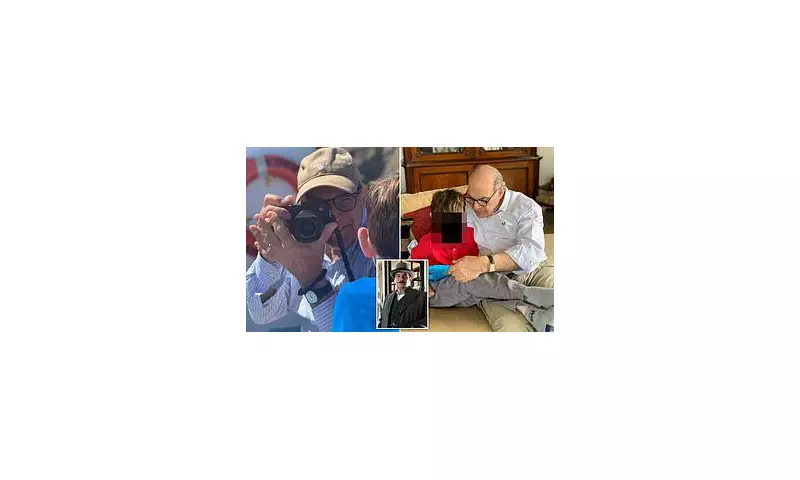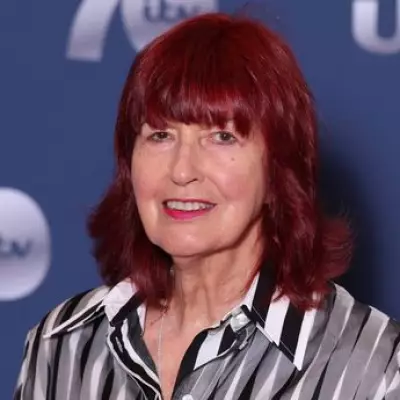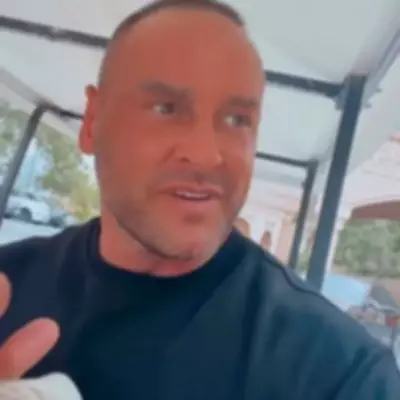
Renowned actor David Suchet, best known for his iconic portrayal of Hercule Poirot, has opened up about his family's private struggle with a rare genetic disorder affecting his young grandson.
The 77-year-old star shared the heartbreaking news in a recent interview, revealing how the condition has impacted their lives. While Suchet did not disclose the specific diagnosis, he described it as a "life-changing" challenge for the entire family.
A Grandfather's Love and Concern
"When you see someone you love facing such difficulties, it puts everything into perspective," Suchet emotionally explained. The veteran actor, who has four grandchildren, spoke about how the diagnosis has reshaped his family's priorities.
Suchet's revelation comes as he continues his work with various charities, though he hasn't yet connected with organisations specifically supporting families dealing with similar genetic conditions.
Raising Awareness Through Personal Experience
The acting legend hopes that by sharing his family's story, he can help raise awareness about rare genetic disorders and the challenges families face in getting proper diagnosis and support.
"These conditions often go unrecognised," Suchet noted. "If our experience can help even one other family feel less alone, then it's worth speaking out."
The Impact on Suchet's Career
While continuing his successful acting career, Suchet admits his grandson's condition has given him a new perspective on life. "Theatre and television seem less important when you're facing real-life challenges," he reflected.
The actor, who recently appeared in West End productions, says he now carefully considers projects that allow him to spend quality time with his family.
A Call for Greater Research
Suchet's family story highlights the need for increased research into rare genetic diseases. Many such conditions lack proper funding and public understanding, leaving families to navigate complex medical systems alone.
"We're fortunate to have good medical support," Suchet acknowledged, "but I've learned how many families struggle to get basic answers about these conditions."





